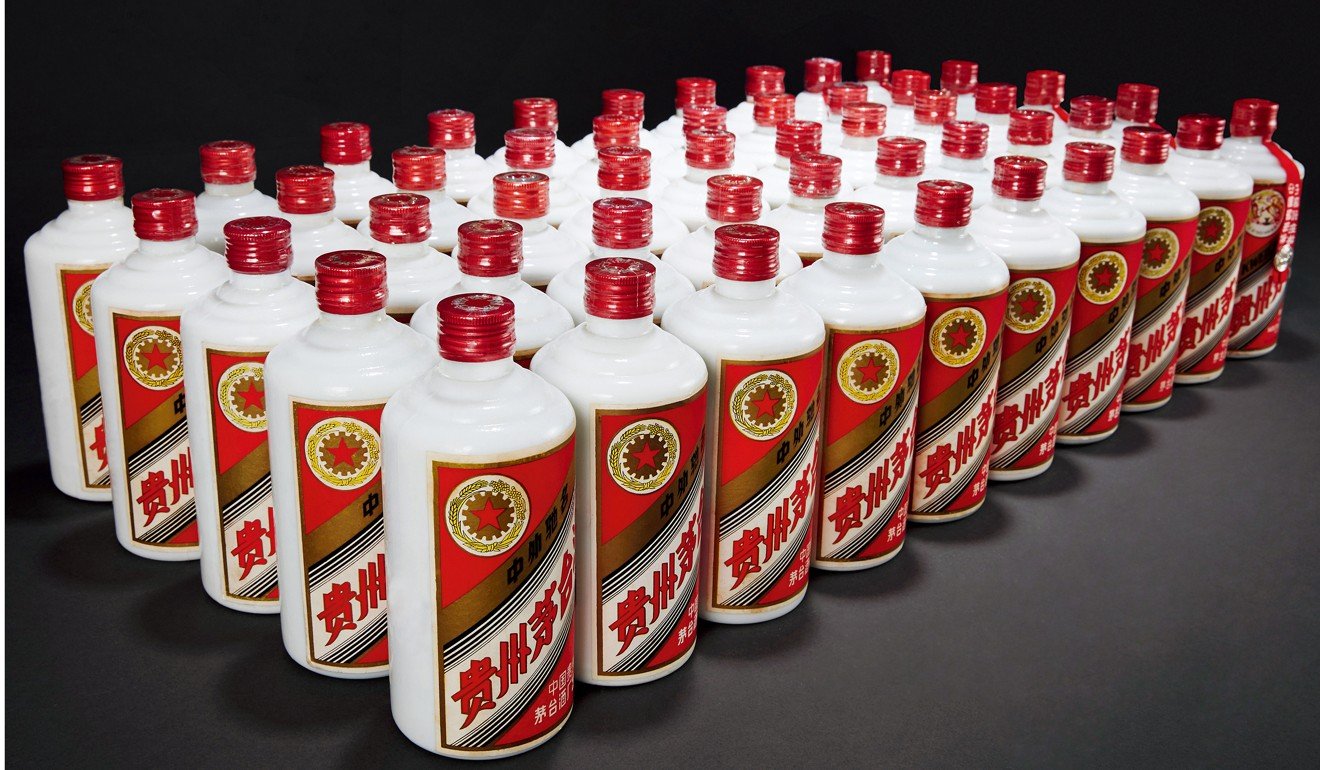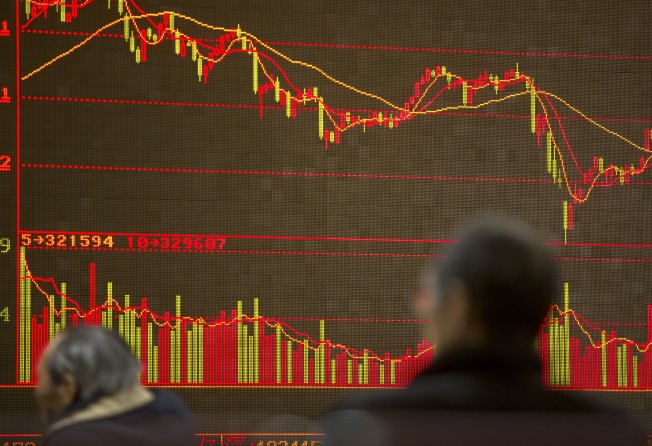
JPMorgan’s top-performing China fund sticks to big-caps amid sell-off
Howard Wang, the head of Greater China at JPMorgan Asset Management, says he has not made changes to the fund’s strategy even as China’s most accurate brokerages shift focus to growth stocks

A top-performing fund manager, undeterred by the recent sell-off in Chinese blue chips, is betting that the rally in the likes of Ping An Insurance Group and Kweichow Moutai will continue this year.
Howard Wang, the Hong Kong-based head of Greater China at JPMorgan Asset Management, has not cut holdings of China’s biggest companies in his US$1.1 billion JPMorgan China Pioneer A-Share Fund, even as a gauge of big-cap shares has been losing out to smaller companies since the start of the year and China’s most accurate brokerages favour growth stocks over large-caps.
“As we take a long-term view on expected returns from stocks rather than trade style factors such as market capitalisation, we have not made adjustments as a result of the style shift,” said Wang in an interview this week. “However, we do make changes in the portfolio based on changes in corporate fundamentals or when valuations overshoot.”

Wang said he likes such sectors that will deliver “secular” growth as health care, consumer and technology, without naming specific companies.
JPMorgan China Pioneer A-Share Fund, which mainly invests in mainland-traded stocks that are known as A shares, has returned 38 per cent over the past year, beating 89 per cent of its peers, according to Bloomberg data.
Beyond Ping An and Kweichow Moutai – China’s largest insurer and fiery liquor distiller – Wang’s top 10 holdings included the biggest players in their respective industries by the end of February, the data showed.
Inner Mongolia Yili Industrial Group, China’s biggest dairy maker, was the No 3 holding of the fund, while Hangzhou Hikvision Digital Technology, the nation’s biggest manufacturer of surveillance cameras that recently made its foray into artificial intelligence, was the fourth biggest.
Haitong Securities and Shenwan Hongyuan Group, which took the top two ranks for equity strategy research by New Fortune magazine last year, both recommend growth stocks, citing profit growth of ChiNext companies will rebound this year and big-caps’ valuation may be stretched
Mainland traders have been rotating into smaller companies this year, offloading their positions in blue-chip stocks on concern they rose too fast last year and valuations will outpace earnings growth. The CSI 300 Index of the 300 biggest companies on the mainland’s exchanges has dropped 3.3 per cent this year, against a 4.2 per cent gain on the ChiNext gauge of small-caps.
Haitong Securities and Shenwan Hongyuan Group, which took the top two ranks for equity strategy research by New Fortune magazine last year, both recommend growth stocks, citing profit growth of ChiNext companies will rebound this year and big-caps’ valuation may be stretched.
But that does not mean for JPMorgan Asset’s Wang that the growth story of China’s bigger companies is over.
He usually applies two major metrics, earnings per share growth and return on equity (ROE) ratio, to the stock pick strategy to balance growth and quality. In most cases, only the companies with the two measures both exceeding 15 per cent appear on Wang’s radar.
However, there were also exceptions when he favoured growth over quality in the case of his recent investment in Shenzhen-listed iFlytek. The maker of products that is related to artificial intelligence posted a 10 per cent drop in earnings last year and the ROE was merely 5.7 per cent. Wang justified the investment by saying that iFlytek holds certain key technologies and some businesses are at the early stage that therefore do not meet the quality criteria.
“Our general approach is to find companies that can deliver superior earnings growth-driven returns over a three- to five-year period and to deliver that growth in an asymmetric way of more upside surprises than downside surprises and at a price that provides some room for error,” he said.